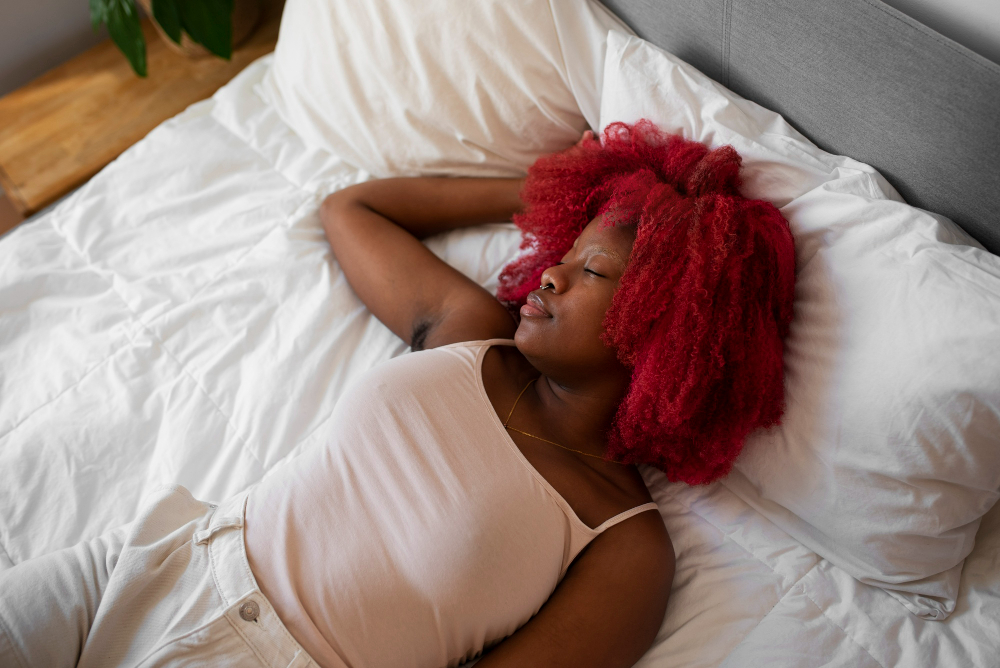In today’s digital world, technology plays a central role in daily life, but increased screen time, especially before bed, can severely impact sleep quality. Studies show that prolonged screen exposure affects the body’s natural sleep rhythms and disrupts the sleep-wake cycle, leaving many feeling less rested and even sleep-deprived.
Blue Light Disruption
One of the main culprits is blue light emitted from devices like phones, tablets, and computers. Research from Harvard Medical School indicates that blue light suppresses melatonin, a hormone essential for sleep, more than any other type of light.
In a study conducted by Harvard, participants exposed to blue light had melatonin levels decrease twice as much as those exposed to dim light, resulting in delayed sleep and reduced sleep quality. Over time, this disruption can lead to more significant health issues, such as sleep disorders and increased risk for depression.
Screen Time and Mental Stimulation
In addition to blue light, the mental stimulation from using technology before bed can make it harder to fall asleep. Engaging in social media, playing games, or watching videos keeps the brain active, tricking it into staying alert rather than winding down. So don’t let watching the warriors vs celtics game keep your brain active and stimulated!
The National Sleep Foundation suggests avoiding screen time at least an hour before bed to allow the brain to transition into a restful state. A study from the University of California, Irvine, found that people who cut down screen time before bed reported improved sleep quality and greater alertness the next day.
Sleep Quality and Physical Health Risks
Chronic sleep deprivation from excessive screen time can negatively impact physical health, with connections to obesity, heart disease, and weakened immunity. The American Heart Association has linked poor sleep habits with a higher risk of cardiovascular issues, due in part to the increased stress levels associated with sleep disruption. Prioritizing screen-free time in the evening can help regulate circadian rhythms, supporting overall health and well-being.
How to Minimize Screen Impact
To improve sleep quality, consider reducing evening screen time, using “night mode” on devices to reduce blue light, or wearing blue light-blocking glasses. Adopting a regular pre-sleep routine with minimal screen exposure can support melatonin production and enhance sleep quality.
In summary, cutting down screen time before bed can lead to better sleep and overall health. A well-rested mind and body are essential for productive days—so make reducing evening screen time part of your health routine today! To book an appointment with us, click on this link: healow – Health and Online Wellness. To read our last blogpost on why annual health checkups are important, click on this link: Why Annual Health Checkups Are Essential for Your Well-being – First Lithonia Medical Center.

